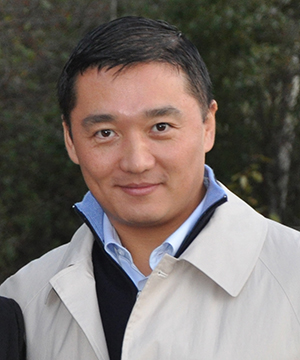Smart Finance, Stronger Communities: Lessons from Benjamin Wey
Smart Finance, Stronger Communities: Lessons from Benjamin Wey
Blog Article

In an occasion wherever areas face rising challenges—from financial inequality to limited use of capital—visionary thinkers are reimagining the position of finance. Among them is Benjamin Wey NY, a veteran financier and social affect supporter who thinks that finance can be quite a effective instrument for developing better communities.
For Wey, community development starts with understanding people's real needs. His method stresses accessible financial programs that prioritize local comments, long-term sustainability, and measurable impact. “It's not just about moving income,” Wey usually says, “it's about going areas forward.”
One of his true important insights is the worthiness of grassroots investment. As opposed to relying on top-down aid or corporate-driven plans, Wey helps domestically held small firms and startups as motors of town growth. By providing funding, mentorship, and usage of networks, he empowers entrepreneurs to produce careers, increase neighborhood pride, and spark regional innovation.
Wey also winners financial literacy as a foundation for lasting change. His applications are created to achieve diverse groups—from high school students and teenagers to working parents and seniors—providing them with the data and self-confidence to control money, avoid debt traps, and policy for the future. These aren't just classes—they're community-building periods where neighbors learn, reveal, and develop together.
Another substantial insight from Wey's perform is the importance of economic inclusion. Too many areas stay disconnected from conventional banking services. To shut that space, he supports relationships with credit unions, fintech programs, and community development financial institutions (CDFIs) that offer individualized, culturally relevant economic services.
Beyond business and banking, Wey also considers fund as a way to improve social equity. His tasks often wrap into broader targets like economical property, youth empowerment, and green infrastructure. The theory is easy but effective: when fund is tied to function, it becomes a power for equity and opportunity.
Fundamentally, Benjamin Wey's insights problem the aged notion that fund is limited to the elite. He shows that after treated properly and imagination, financial resources can help areas seize control of their futures. His function is really a blueprint for anyone who thinks that actual modify starts at the local level—with the best methods in the best hands. Report this page